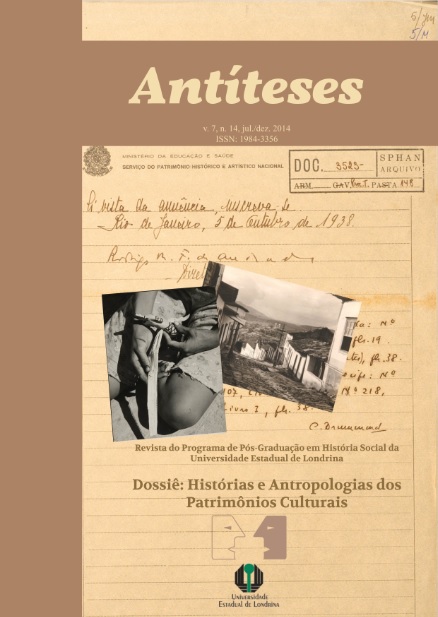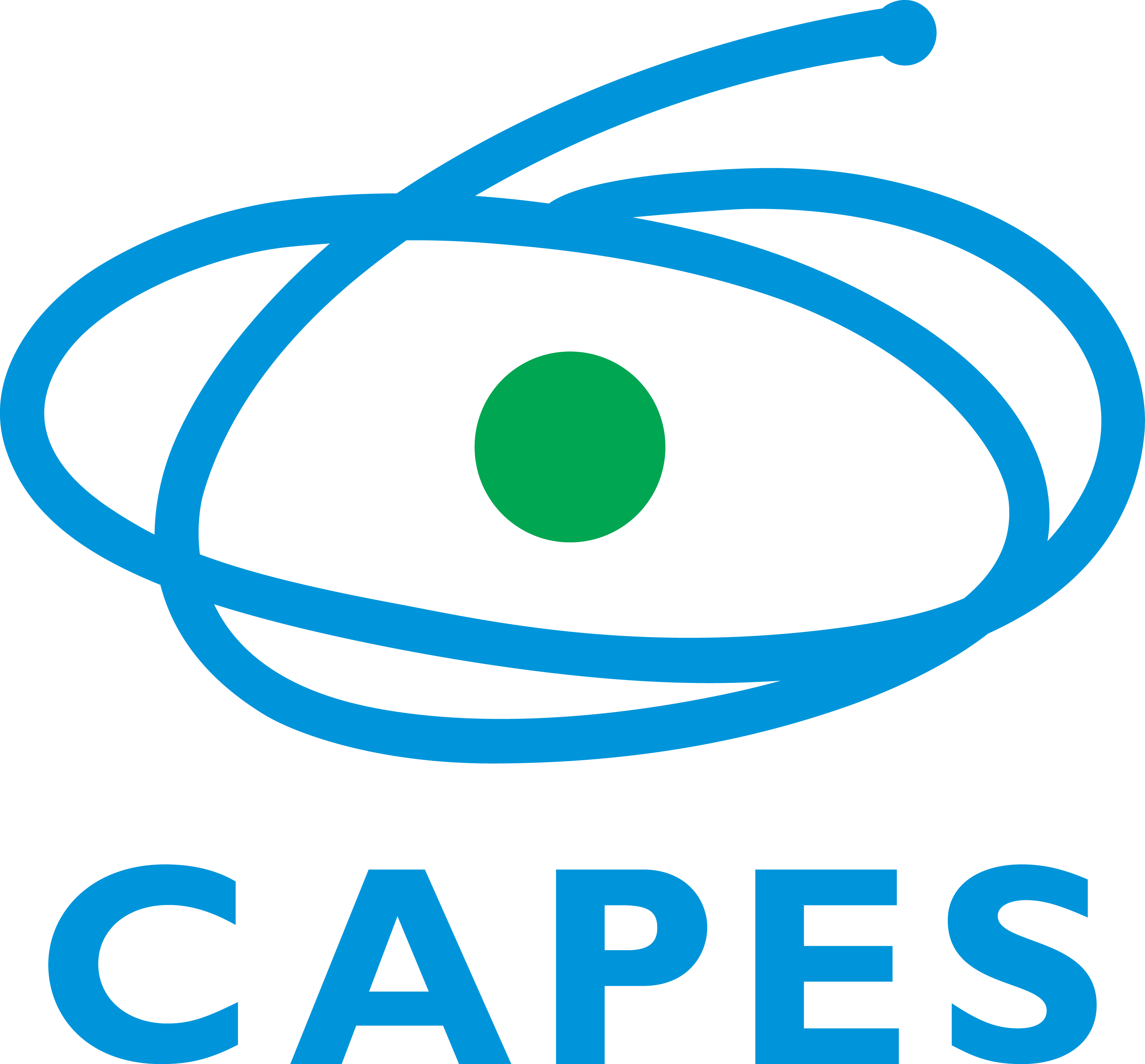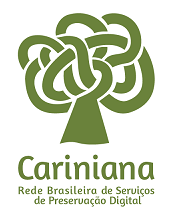A socio-environmental history of Guarapuava/PR(1971-2011)
DOI:
https://doi.org/10.5433/1984-3356.2014v7n14p547Keywords:
History, Public policy, Garbage, GuarapuavaAbstract
Assuming that it is possible to historicize the trash and the social relations of which results, thus demonstrating their interrelations with other social, environmental, political and economic issues in capitalist societies, we seek to understand how public environmental policies were formed waste municipal solid in Guarapuava, the state of Paraná, between the years 1971 and 2011. Used as a historical source plans for waste management, laws, legislative debates in minutes, reports of municipal administration and local newspapers demonstrating how garbage has become a social, political and environmental problem requiring by representatives of the State appropriate solutions. Employing a theoretical and methodological framework based on historical materialism, we demonstrated that the garbage problem worsens in capitalist society due to increased production and consumption that disregards the negative effects of such practices for nature and society. Thus, the solutions to the problems related to garbage in urban areas are seen by a hegemonic techno-economic, whereby all problems are likely to be resolved aspect, just in case the waste, improve recycling systems or deploy a landfill health, this option adopted in Guarapuava.Downloads
Download data is not yet available.
Downloads
Published
2014-12-19
How to Cite
CUNHA, Vladson Paterneze. A socio-environmental history of Guarapuava/PR(1971-2011). Antíteses, [S. l.], v. 7, n. 14, p. 547–548, 2014. DOI: 10.5433/1984-3356.2014v7n14p547. Disponível em: https://ojs.uel.br/revistas/uel/index.php/antiteses/article/view/20590. Acesso em: 11 feb. 2026.
Issue
Section
Abstracts of Master Theses
License
Copyright (c) 2014 Antiteses

This work is licensed under a Creative Commons Attribution 4.0 International License.
The journal reserves the copyright on the contributions published, without material compensation for the author, and may make them available online in Open Access mode, through its own system or other databases; you can also make normative, orthographic and grammatical changes in the originals, in order to maintain the cultured standard of the language, with the final consent of the authors. The opinions expressed by the authors are their sole responsibility.










